Ukraine war: Putin’s big lie makes most Russians complicit
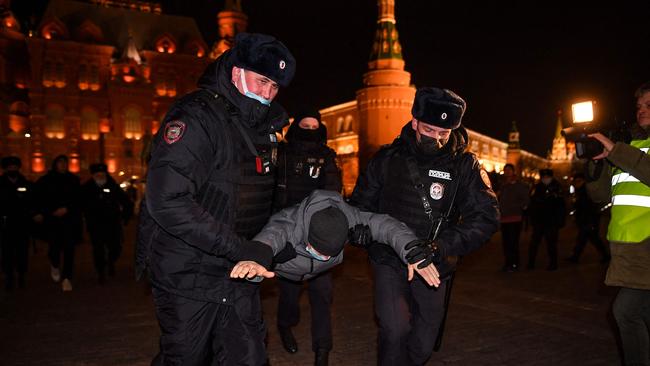
But just as Kyiv never fell, so has the Russian polity – the occasional brave performance artist excepted – failed to act. Insofar as we have evidence of Russian public attitudes, they seem to have hardened in support of their terrible president. The demonstrations are smaller, as well they might be after Putin described the kind of people who attended them as “scum and traitors [who we] will spit out like a fly that has flown into our mouths”. But it isn’t just coercion. Democracy activists describe former fellow campaigners who have become pro-war. Ukrainians bombed out of their homes tell of relatives in Russia who adamantly insist the Ukrainians have shelled themselves. And western journalists record hair-curling vox pops with men on the Tverskaya omnibus who wouldn’t mind much if Warsaw was next to be flattened.
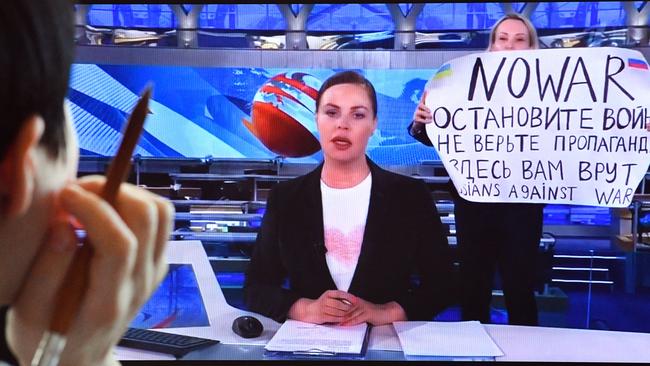
That’s all anecdotal, of course. There are polls, though. The most official are of dubious value since their questions can’t mention the war (only the “special military operation"). And in any case, who wants to be spat out like a fly? Even so, some reputable pollsters have done their best and come up with figures indicating approval ratings of more than 80 per cent for Putin and 80 per cent for the invasion. And if you cannot safely infer enthusiasm for invading their neighbours from these results, you certainly can’t infer the opposite. It seems safer to assume that, if anything, ordinary Russians have become passive but accepting accomplices to their country’s war of aggression.
I was struck by a recent New Yorker interview with Alexei Levinson, an analyst working for an independent polling outfit, the Levada Centre. His work suggested to him that many Russians have a “subconscious sensation” – an instinct – that the war is unjustified. “So, there must be a means [for the state] to overcome that voice of conscience,” he went on, “and this is being done through television; so far, rather successfully.”
In the past half-decade, for various reasons, when we in the West talk about disinformation and fake news, we tend to be referring to the influence of social media on public consciousness. It’s all about bots, trolls, memes and conspiracy theories. But what if your disinformation comes packaged in smart TV studio sets with glamorous presenters, well-shot film featuring PRESS-garbed reporters, and grey-haired commentators with impressive caption biographies?
Before the invasion, western reporters noted how little attention the burgeoning Ukraine crisis was getting on pro-government Russian media (ie most of it). Just before the invasion Channel 1 was airing five hours of Ukraine-related items per day. By the end of March it was 15 hours.
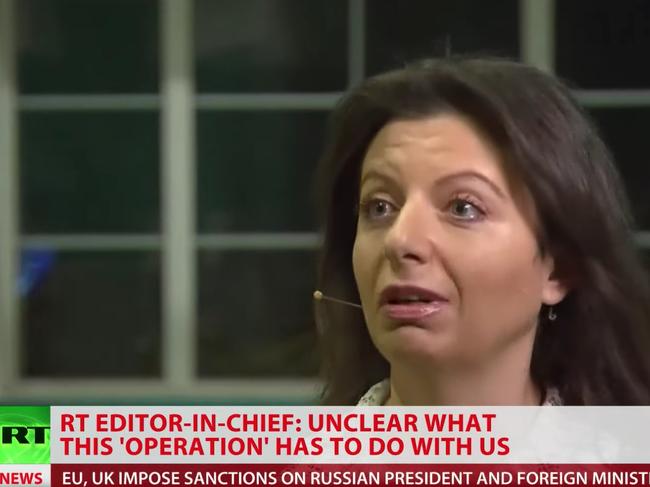
Ubiquitous have been commentators like the elegant and suave editor of RT, Margarita Simonyan. Eleven days before the invasion she was to be found indignantly describing as western propaganda the idea that any such thing was planned. Now, of course, she takes to the airwaves to declare with equal certainty that evidence of Russian war crimes has been faked and that Ukrainian doctors have been arguing for Russian prisoners to be castrated.
In her promotion of lies and hatred Simonyan is, I believe, an accomplice to war crimes. But why should Russians believe her? Of course, militants and activists are famously reluctant to admit uncomfortable truths even in the presence of overwhelming evidence and logic. It took Nikita Khrushchev’s “secret speech” in 1956 denouncing Stalin’s crimes for communists around the world to acknowledge what everyone knew: that the shining leader of the global proletariat had been one of history’s worst murderers. Even then, a few (and I met one or two in their senescence) would argue that Khrushchev had exaggerated.
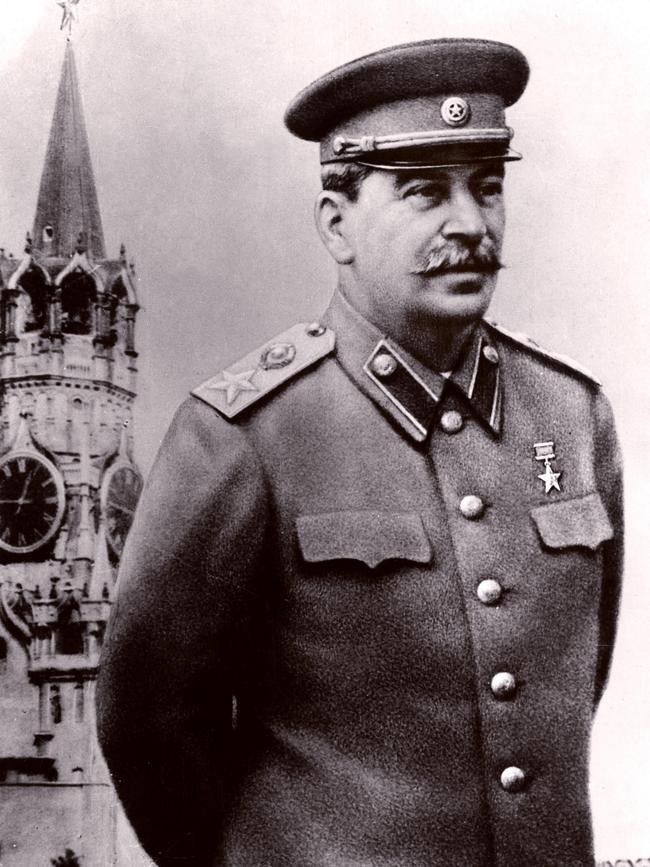
But ordinary people also invest, albeit more gently, in official lies. If you want to have a quiet life and not be complicit in crime, you square the circle by denying the criminality and backing the leader. In his book on everyday life in Nazi Germany, the historian Detlev Peukert quotes from reports sent to the exiled German Social Democrats from inside the Reich. One from Breslau at the time of the Anschluss with Austria in 1938 describes not the pro-Nazi euphoria of the Nuremberg rallies but a kind of acceptance. “The general opinion in the groups,” the correspondent wrote, “was, ‘Let’s face it, Hitler is a great man, he knows what he wants and the world is scared of him’.” And he went on: “I have discovered one thing about the attitude of the population; if Germany were to become embroiled in a war today, the whole nation would march.”
What the Russian media allows the Russian citizen to do is to forgo opposition to the war, to deny real responsibility. And nor is that likely to change when things get tough economically. Putin has already told Russians this will happen. Simonyan will be on hand to advise digging for victory and extolling the stoicism of the Russian people.
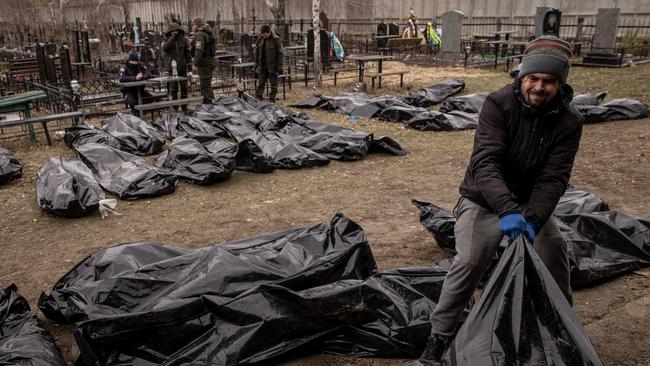
There are two conclusions to be drawn from this realisation that the war won’t be ended by internal pressure. The first is that sanctions must overwhelmingly be aimed at degrading Russia’s capacity to wage war, with military strategy aimed at boosting Ukraine’s capacity to continue to defend itself.
And the second is the need to guard against the erosion of the values of liberal democracy, particularly when it comes to media. Ask the Hungarian opposition, who the prime minister Viktor Orban has just defeated yet again. He and his allies control almost all the main media outlets. So a half-hour speech by him was repeated nine times on the main state TV channel. The opposition leader got five minutes.
A genuinely independent media, uncontrolled and uncontrollable by government or politicians, operating to high standards of evidence and promoting debate, is a primary guarantee of our democracy. Without it we are all – bar the bravest of us – in danger of becoming accomplices.
The Times

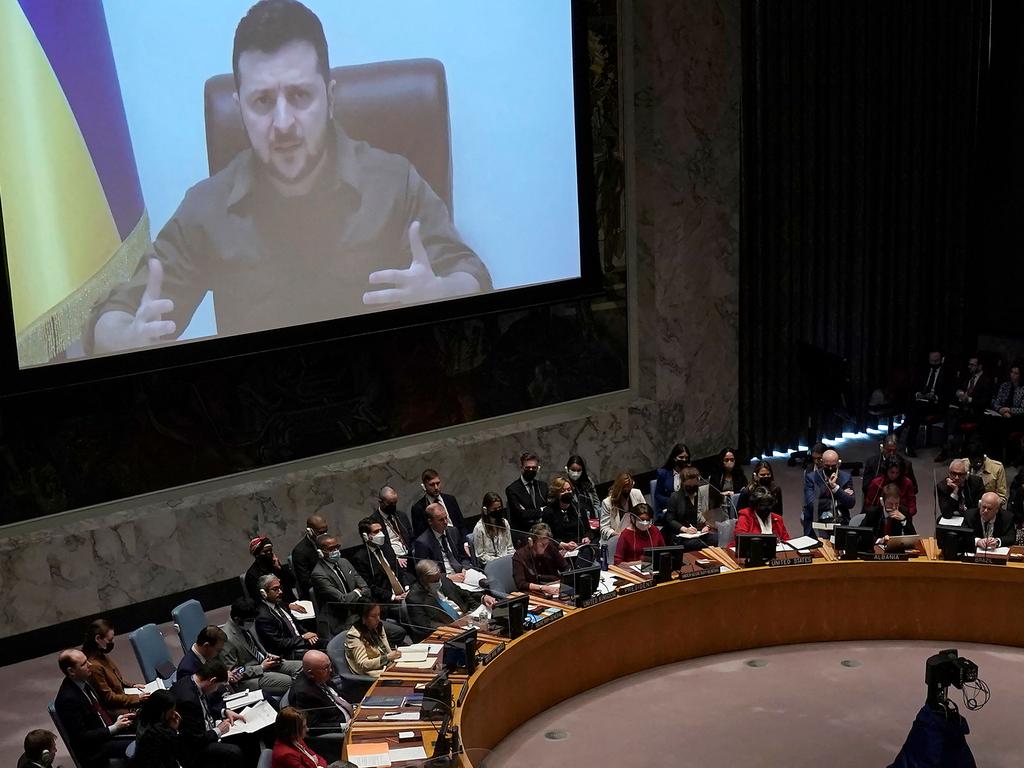
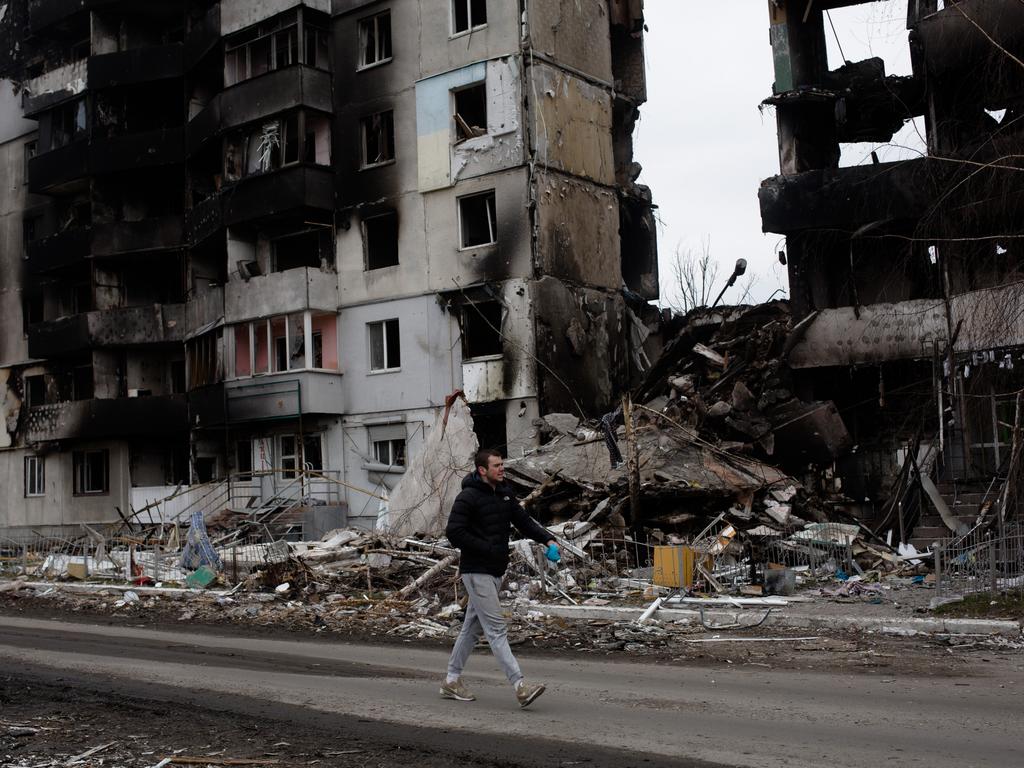
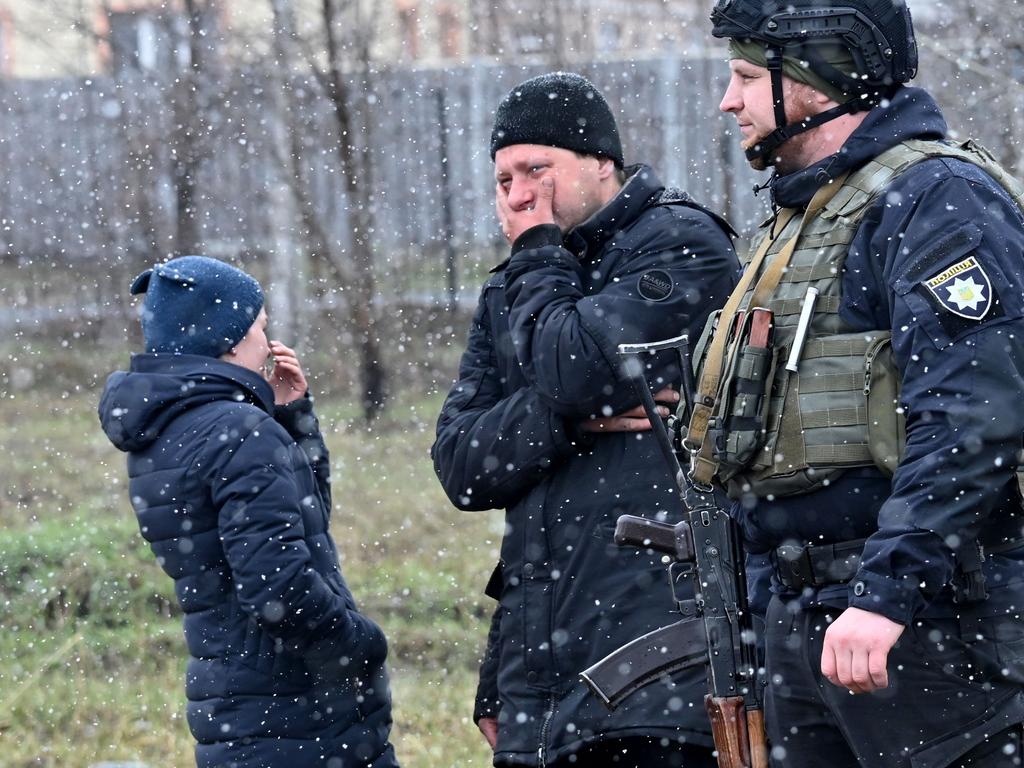
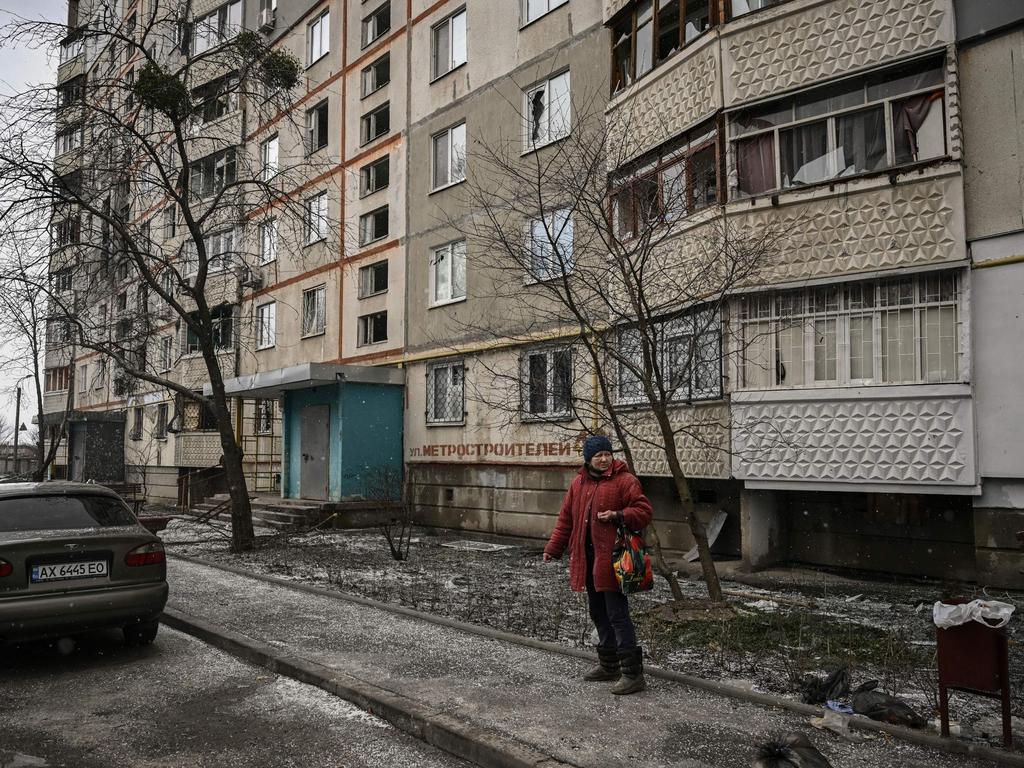
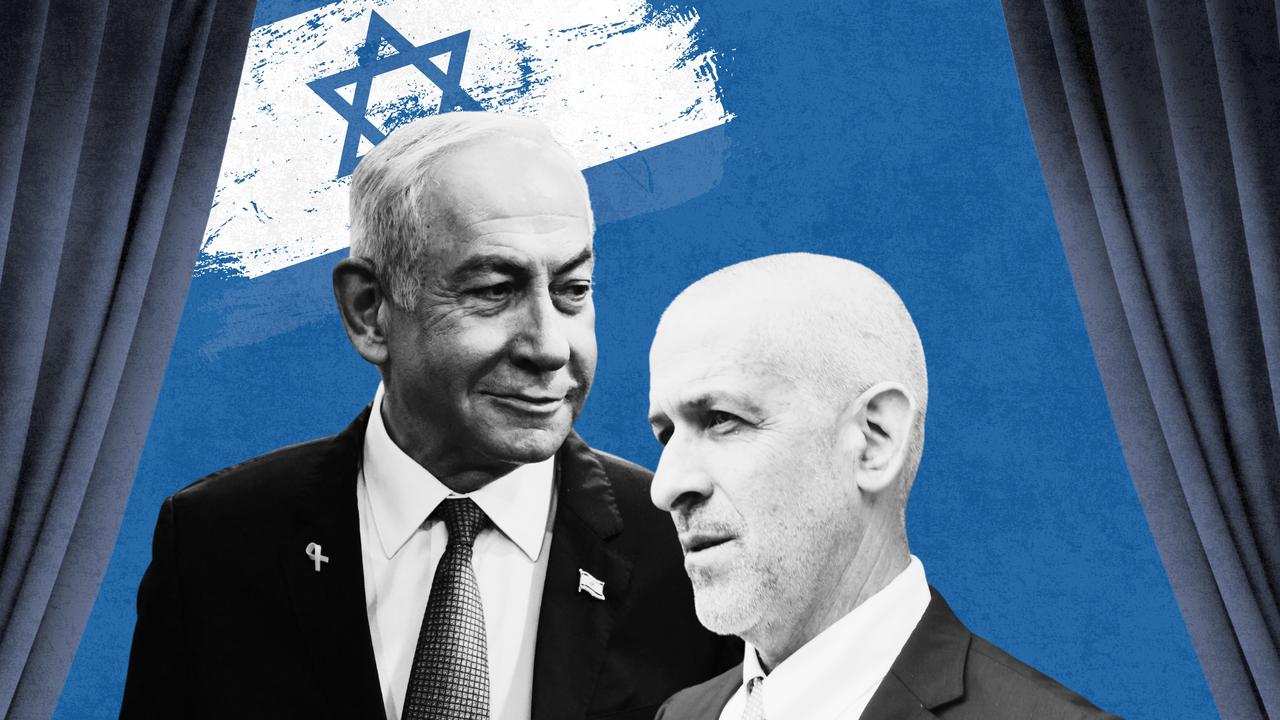
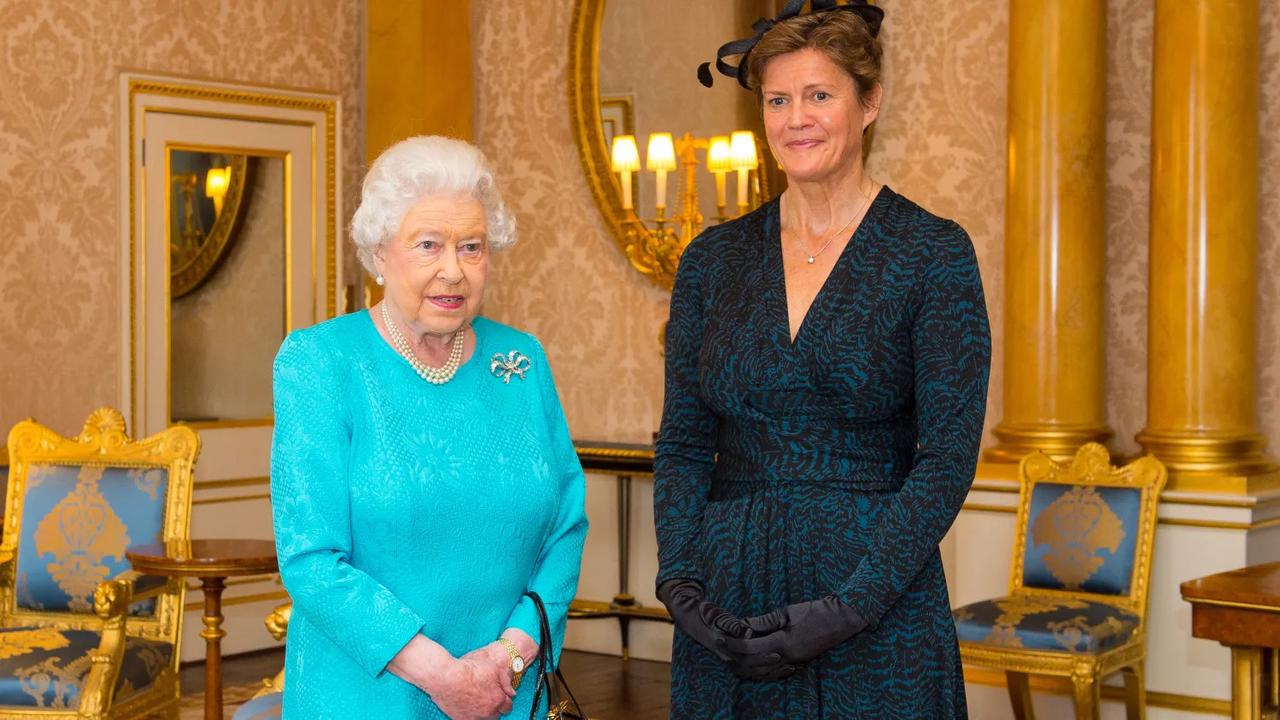
Sometimes the most difficult idea to process is the smashing of the illusion you didn’t even know you had. I think many of us observers had come to believe in our bones, and certainly to hope, that President Putin’s war would be ended by Russians themselves. A combination of privations caused by sanctions, the return of young soldiers in body bags and the percolation of truths via the internet would create popular and elite pressure for a retreat. Those protests would grow, soldiers’ mothers would publicly grieve at the Kremlin walls, a group of de-yachted oligarchs would give Putin the Brutus kiss.